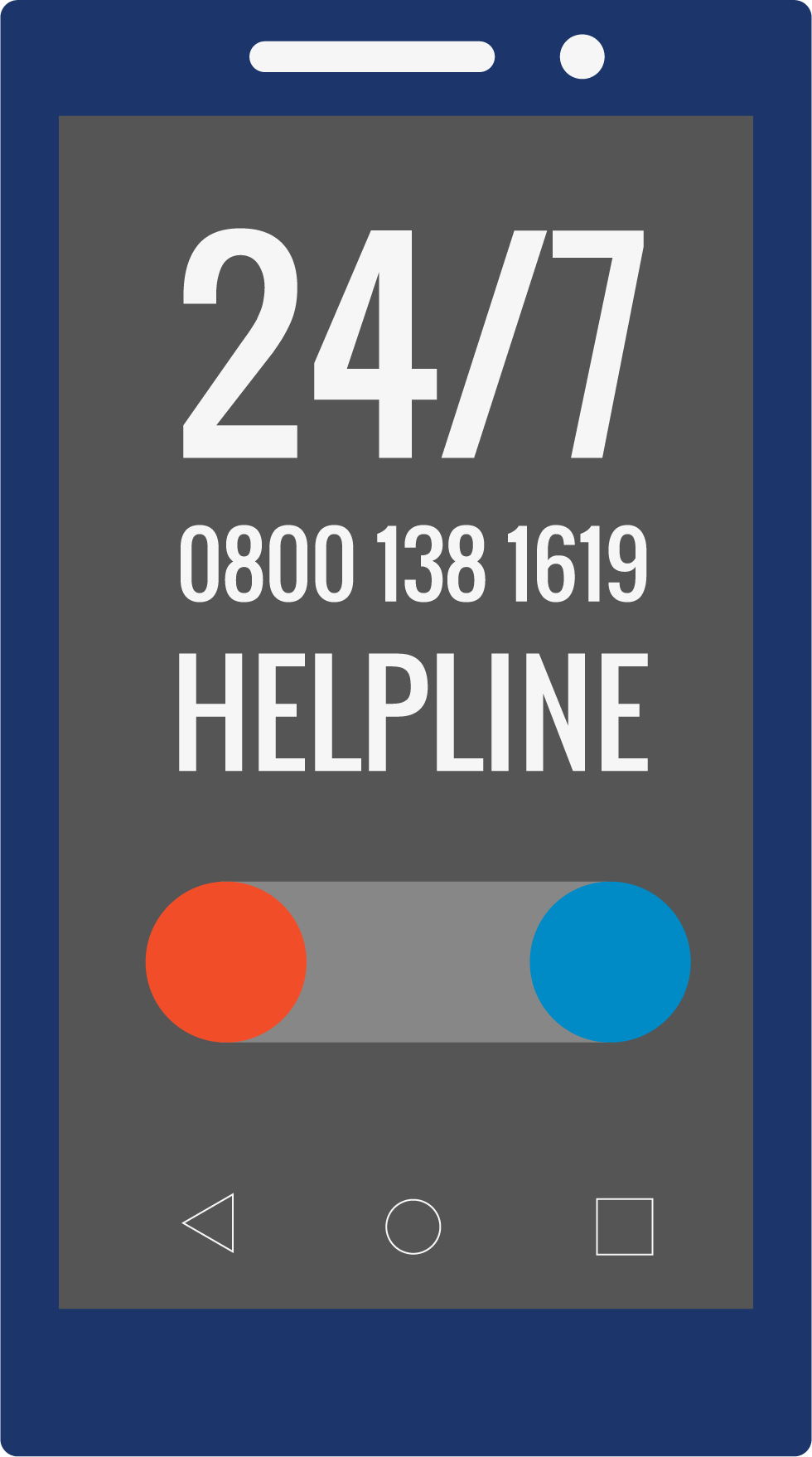Support for Families
We understand how important it is to include loved ones in a veteran's road to recovery
Seeking help and undergoing treatment can be a daunting time for everyone involved. That’s why we not only provide specialist mental health support to veterans but are here to help families recover too.
Research has also shown that outcomes for a veteran’s recovery are better when their partner or support network is involved. And by supporting the adults, they are better placed to support any children in the family.
We also know from our own research that partners of veterans diagnosed with PTSD can be at risk of developing a mental health condition themselves.
HOW WE HELP
Available to veterans and their families and friends, our free mental health Helpline provides confidential advice and support.
If a veteran begins treatment with us, as part of routine clinical care, we offer their family or support network an assessment to help understand the needs of the veteran. In addition to gaining a more rounded assessment to make better treatment recommendations, this also acts as an opportunity to see if they have any needs so that we can signpost them for help as required.
We have a range of free self-help guides, created by our specialist clinical team and veterans, to support former servicemen and women and their loved ones. As part of this series, we have created a specific resource for families. The resource includes tips for caring for you and your family’s mental health, support on talking to children about PTSD, information on Helplines available for the whole family (including children specific support lines) and guidance on how to reconnect as a family. Find out more at: https://combatstress.org.uk/support-for-families-of-veterans
This dedicated programme for the partners of veterans provides educational information about trauma-related mental health problems as well as skills and strategies to help a partner not only support their loved one, but also to take care of themselves and their family.
Families of veterans receiving our treatment can use this service to help them understand mental health symptoms, the treatment Combat Stress is providing and how to help the veteran in their family. The service also provides a way for family members to understand and access the support they might need from other organisations.
Veterans are asked to name a ‘supporter’ who receives advice and support and is involved in their treatment. A dedicated family support worker is the liaison point for this relationship.
Accessing our support for families

Our Helpline is available to a veteran’s family members, friends and support network for confidential mental health help and advice.
24-hour Helpline 0800 138 1619
You can also text on 07537 173683
and email helpline@combatstress.org.uk
Standard charges may apply for texts, please check with your provider.
With the veteran’s consent, our other family services are available to adult family members / supporters.
To find out more about our family support, please contact Dave Aitken, Head of Engagement and Social Care, on dave.aitken@combatstress.org.uk

